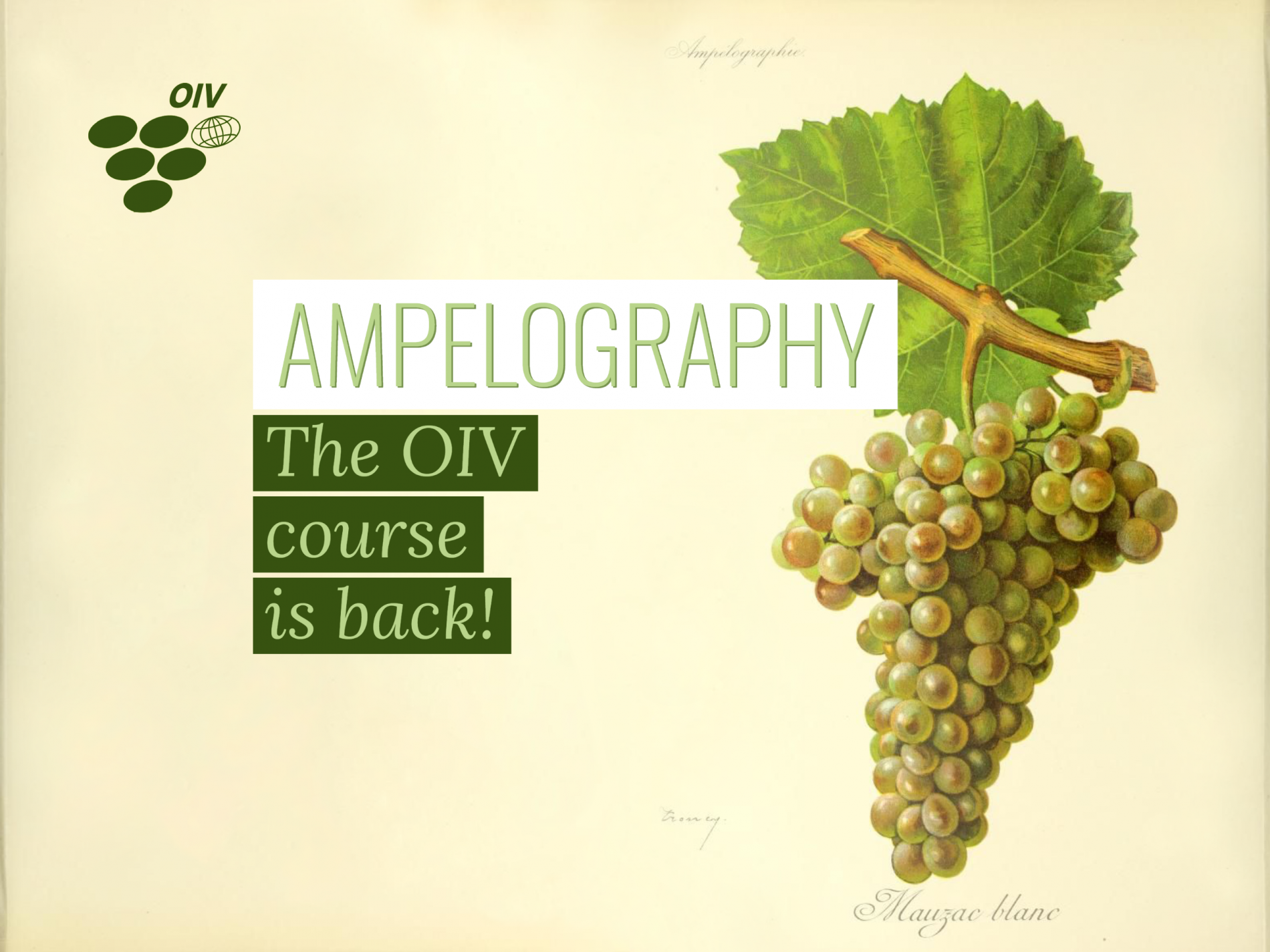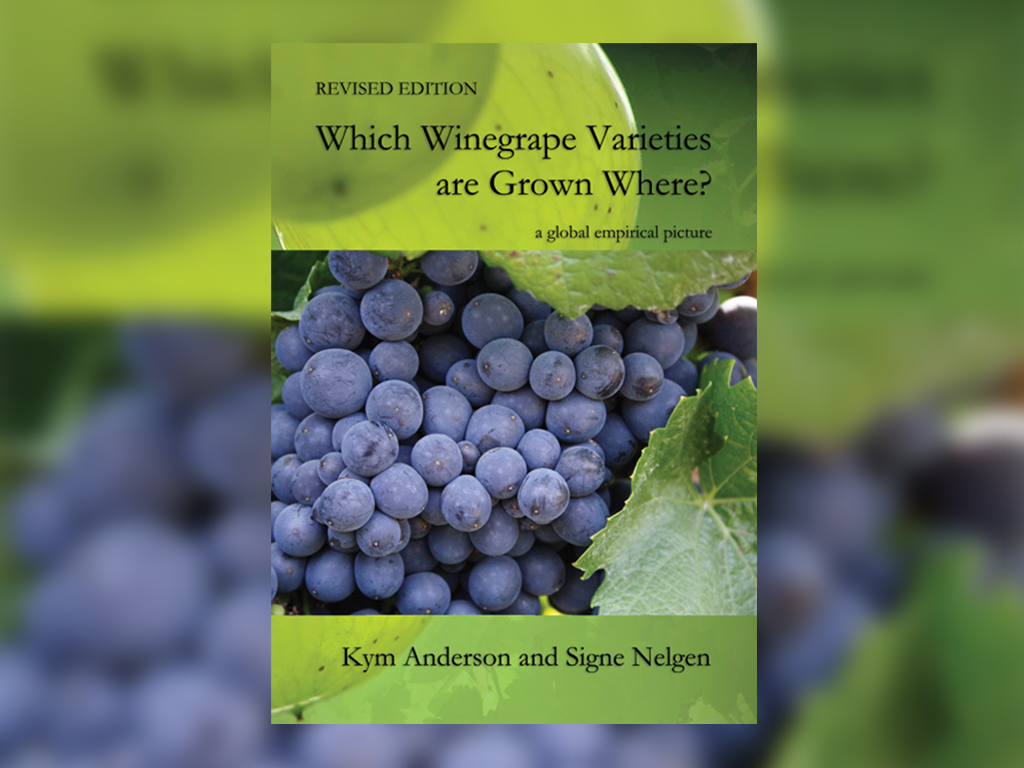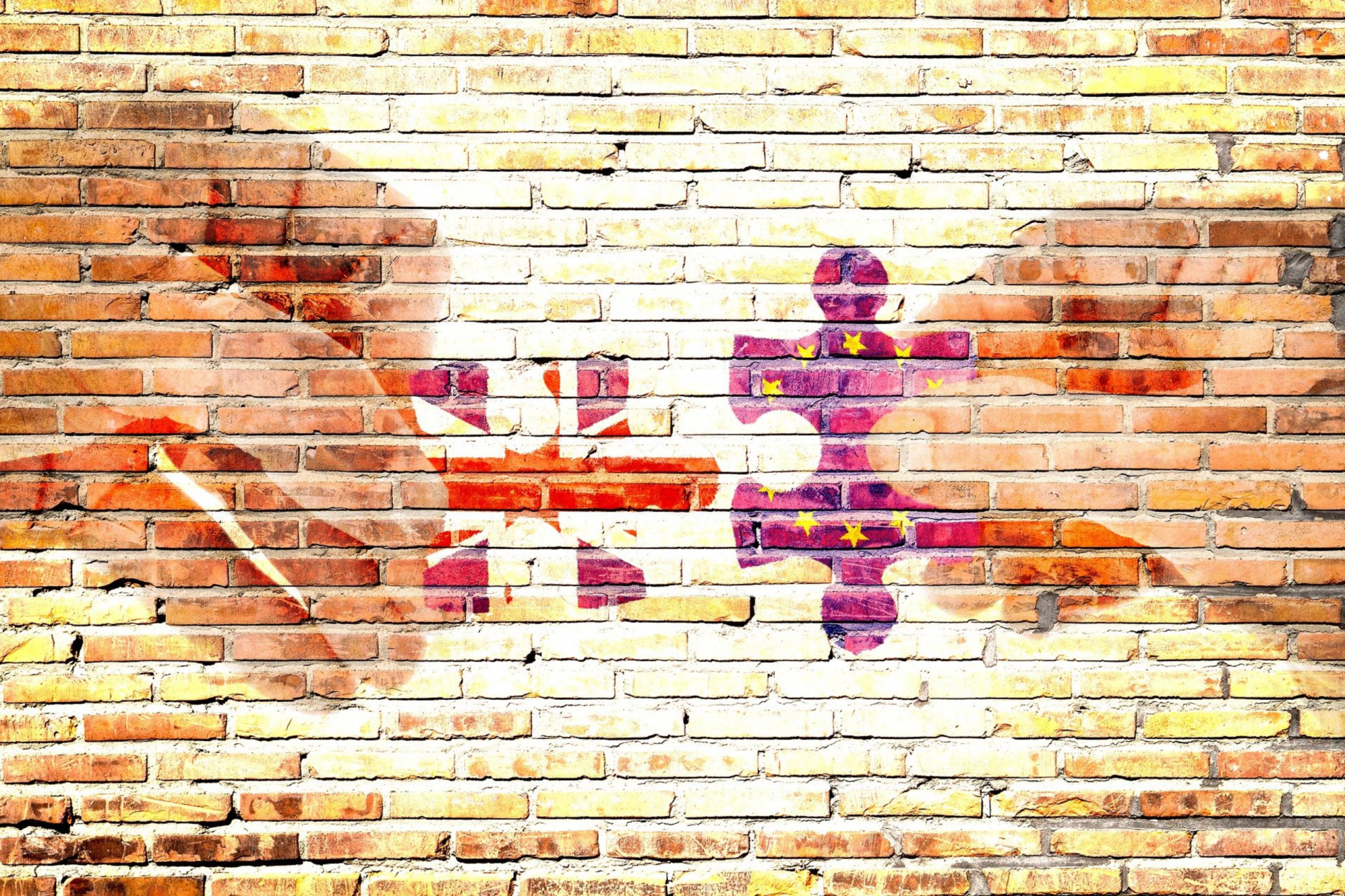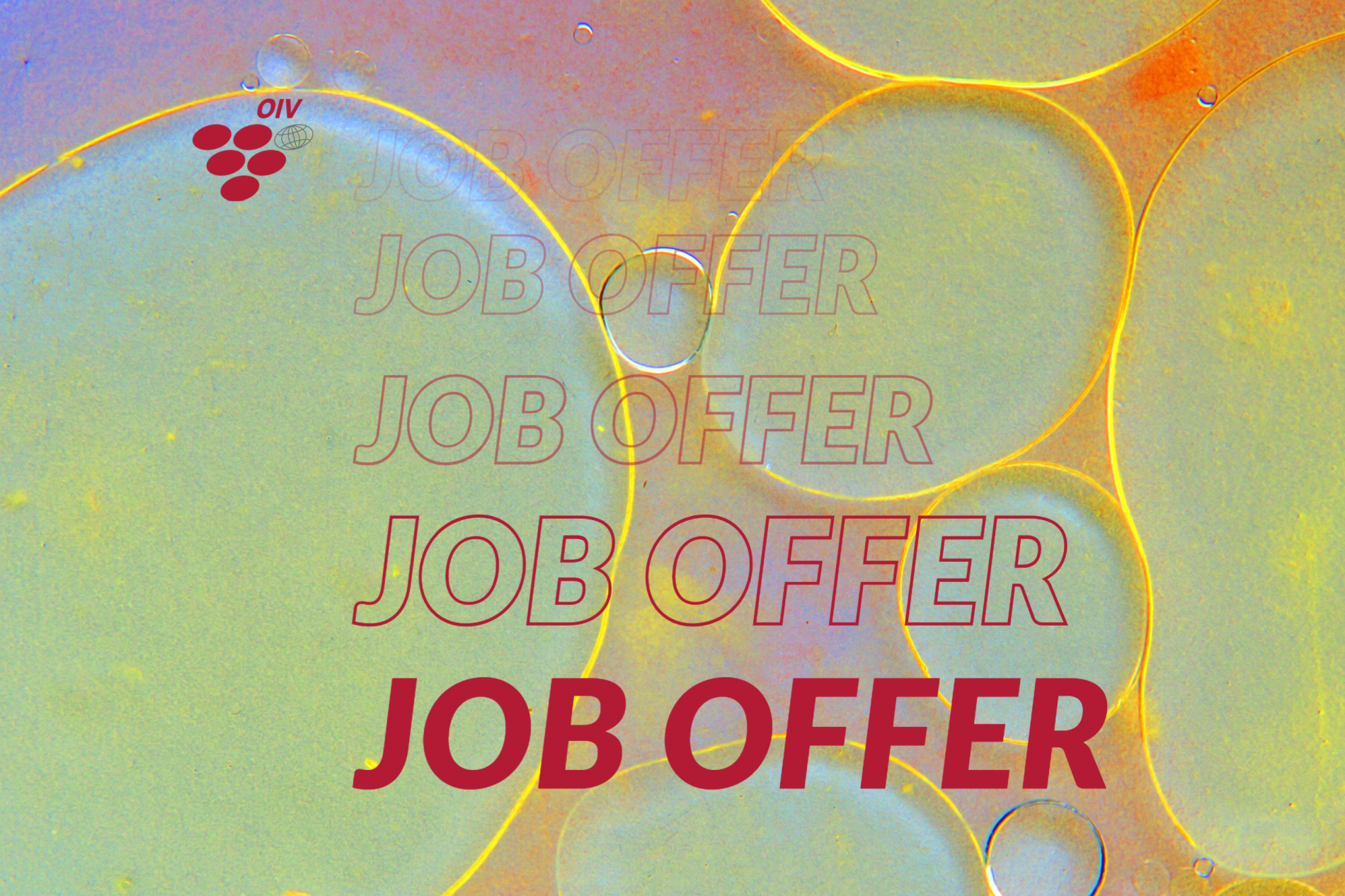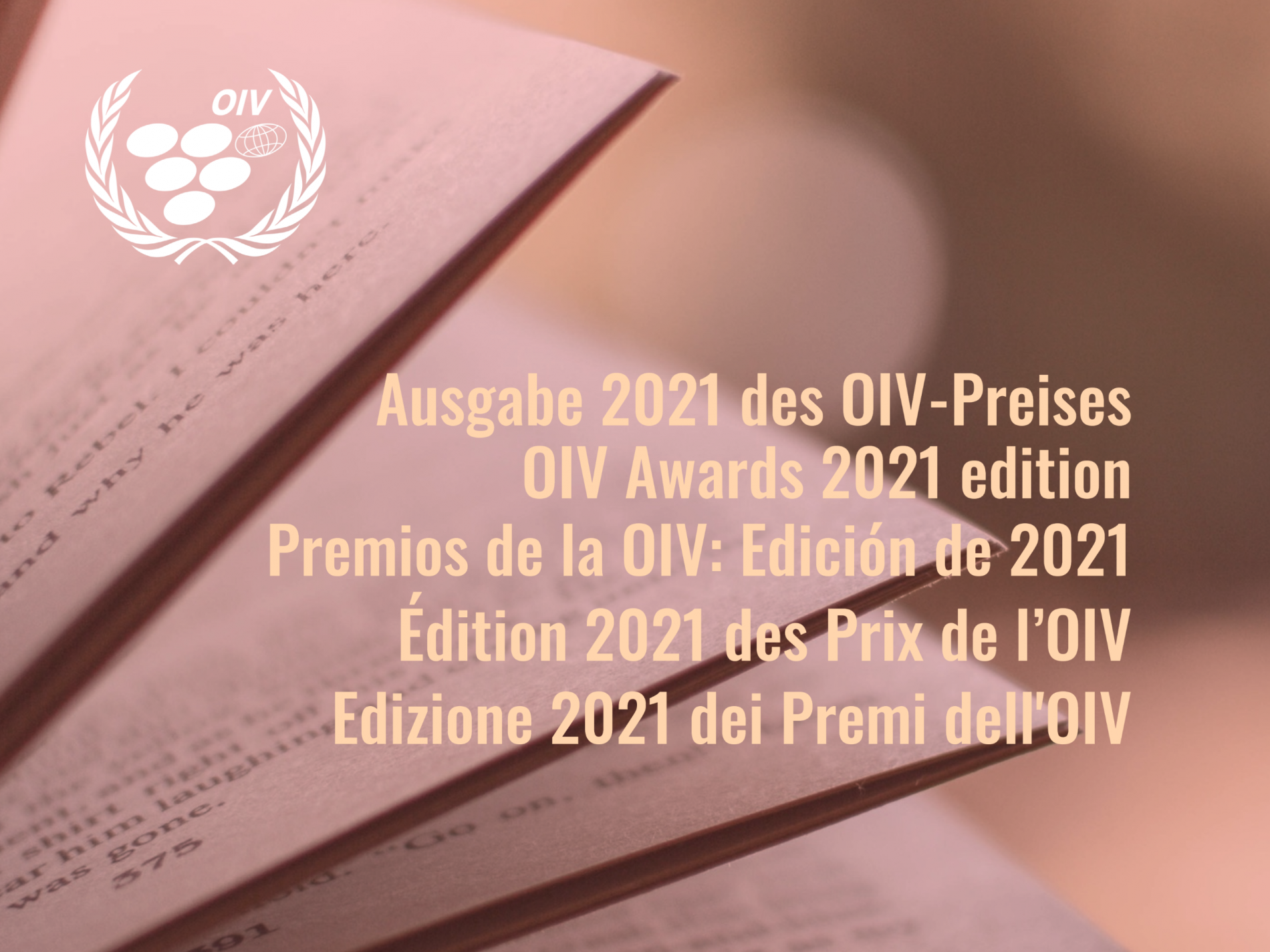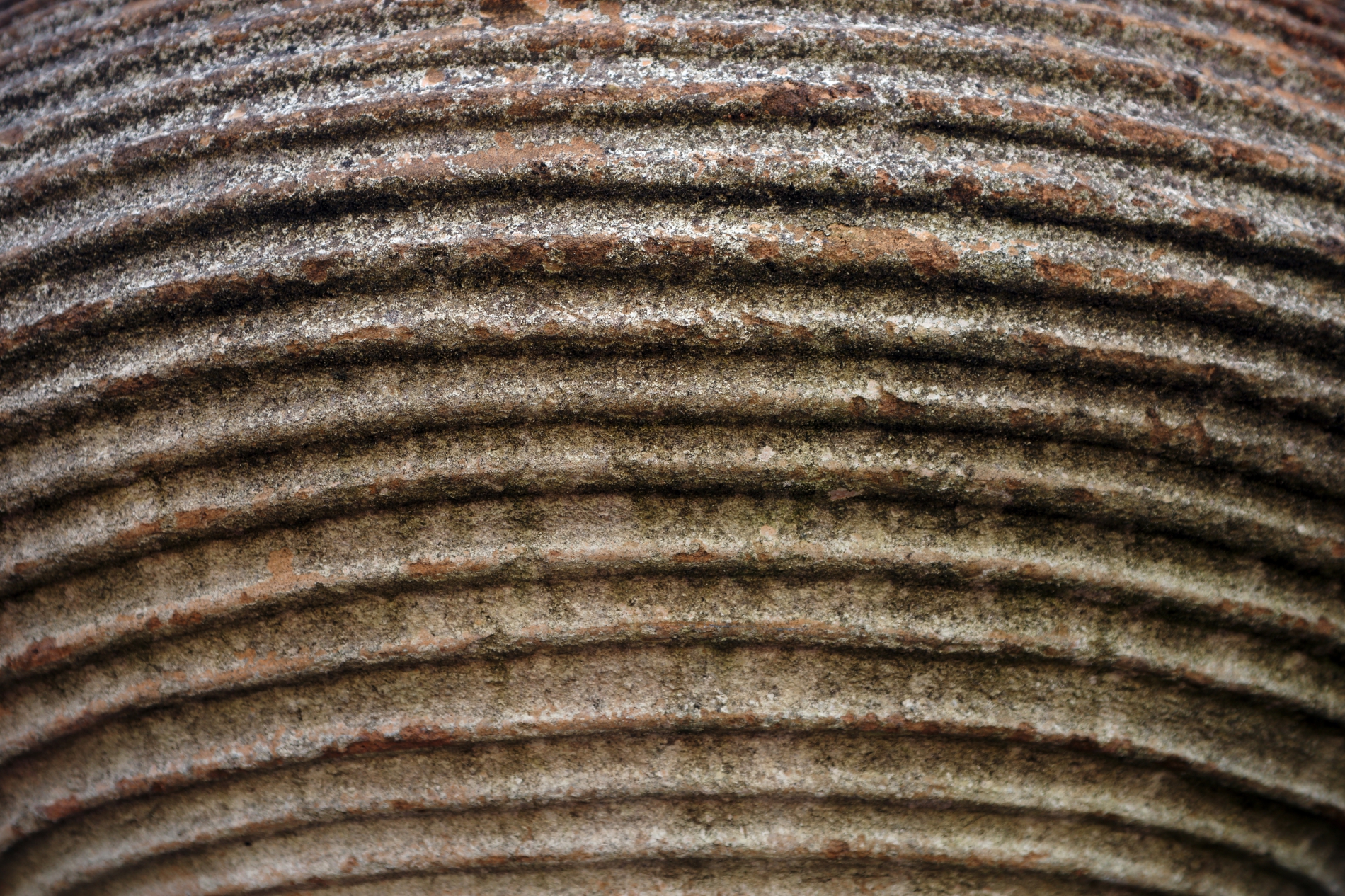23 мар 2021
33 years after its first edition, the prestigious OIV International Ampelography Course is coming back. As the scientific and technical reference in the world of vine and wine, this OIV course in ampelography allows participants to acquire in-depth knowledge in the recognition and understanding of grapevine varieties, helping them to be better prepared for future challenges in the vitivinicultural sector (latest trends in genetic resources, climate change and environment societal expectations, etc...).Historical backgroundThe OIV's International Course in Ampelography is part of a whole historical background dating back to 1938 when "ampelography" was first cited by the OIV. Nearly 10 years later, in 1949, an ampelography commission was created in order to lead the work relating to the creation of an international ampelographic register.In the 1990s, considering the importance of identifying varieties in the international vitivinicultural sector and the need to disseminate more widely technical and scientific work in the field of ampelography, the OIV launched a first cycle of courses in ampelography: in 1988 in Italy (ISV Conegliano), in 1990 in France (ENSA Montpellier) and in 1992 in Germany (BZWG-IR Geilweilerhof). Today, the OIV is relaunching this initiative anew with a cycle of international courses in ampelography. This course with practical, leading-edge knowledge will be facilitated by specialists from different countries.General purpose and how will the course be organisedThe main objective is both to train professionals and experts in the field of “Ampelography and Genetic Resources”, and to create a pole and experts network who can exchange continuously around this important topic for the vitivinicultural sector. To achieve this, the courses are designed in collaboration with international actors and the OIV relied on the knowledge and experience of important technical, research and training centres from France - Montpellier, in cooperation with IFV (Institut Français de la Vigne et du Vin), INRAE (l’Institut national de recherche pour l'agriculture, l'alimentation et l'environnement) and the Institut Agro - Montpellier SupAgro - and Spain - the Vine Varieties Collection of "El Encín", Alcalá de Henares, Madrid, belonging to IMIDRA (Instituto Madrileño de Investigación y Desarrollo Rural, Agrario y Alimentario). Illustration: Mauzac blanc © Viala et VermorelWhy the OIV aims to promote and disseminate ampelography: A major discipline of current interestAs the scientific and technical reference in the world of vine and wine, the OIV's role is to participate actively in the promotion of this fundamental discipline since knowledge of wine comes from understanding the vine. In reaffirming the scientific and technical nature of ampelography the OIV is emphasizing the fact that this discipline embraces both tradition and innovation. In this rapidly changing world, it is the role of OIV and its experts to contribute to developing and supporting ampelography and vine resources as an important field for the sustainability of the sector.More information on fees and the registration procedure will be available soon.For further details, please send an email to: oivampelography@oiv.int
10 фев 2021
This unique global compendium, first database of grape varieties across the world, was established by Kym Anderson and Signe Nelgen and published by “University of Adelaide Press” in December 2013.The reader will find answers to many questions relating to grape varieties: from the most cultivated to the less known, local, modest or forgotten, and will find at the same time a lot of information including on the changing trends in consumer behavior The Honorary President of the OIV Peter Hayes wrote about the book awarded in 2014 (OIV Award in the Viticulture category), that in addition to the density of data the publication can offer: “This volume captures the longer-term and recent evolution of the varietal mix and balance within the global wine sector.Its systematic treatment and correlation of varieties to a consistent identity/nomenclature together with the introductory analysis and commentary provides an excellent basis from which to review the diverse, comprehensive coverage of planted areas by country, region and variety.It will no doubt be of considerable value to researchers, students and those planning future investment in the vineyard base for the sector.”No doubt remains today as to the value of these enriched and updated statistical data. The reader will find answers to many questions relating to grape varieties: from the most cultivated to the less known, local, modest or forgotten, and will find at the same time a lot of information including on the changing trends in consumer behavior.Free online access hereAuthor: Kym AndersonAuthor: Signe Nelgen
07 фев 2021
Objective: Support to the Director-General of the OIV in his political and communication functionsKey assignments
- Cabinet coordination, composed of the DG secretary and communication unit, which is composed by a press executive and a project manager.
- Agenda and programming. Public and private activities. Meetings. Official trips, work trips, field trips, tours, interviews, etc. Coordination with the DG partner's activities agenda, coordination of DG representatives or delegated spokespersons.
- Proposals for the Communication Strategy. Execution. He/She directs relations with the press, broadcast of communications and audiovisual material, newsletters, etc. oversees the management of the image of the OIV and protocol in sponsorships, acts, travel and public appearances of the DG or of the person representing him by delegation.
27 янв 2021
This regulatory amendment had been notified to the SPS Committee of the WTO at the end of 2020.In particular, it concerns ammonium hydrogen sulfite, chitin-glucan, dipotassium DL-tartrate and polyvinylimidazole-polyvinylpyrrolidone (PVI-PVP) copolymer. The ministerial order also stipulates the corresponding specifications for these four additives.Used to improve the clarification and stability of wines, these additives – along with their monographs – have already been approved by the OIV for several years. With this new decision, Japan acknowledges the OIV’s scientific and technical work in oenological practices and specifications of oenological products.The decision by the Japanese government is yet another example of the importance of the OIV’s work in the international harmonisation of existing practices and standards. This work is crucial to improving the conditions under which vitivinicultural products are produced and marketed, and for taking consumers’ interests into consideration. With this new decision, Japan acknowledges the OIV’s scientific and technical work in oenological practices and specifications of oenological productsSources
- MHLW Amendment _202001015 (in Japanese)
- Ministerial Order No.3 (in Japanese)
20 янв 2021
Today, it can be said that the solid foundations of harmonisation provided by the work of the OIV have enabled the sector to ensure a safe BREXIT.Let us take a detailed look at how the OIV standards are recognised in the new agreement. From the outset, Article 2 of Appendix 5-TBT "Wine Trade" refers to oenological practices recommended and published by the OIV as the only relevant international standards. The methods of analysis developed and published by the OIV are recognised in Article 3 of the same Appendix as reference methods for determining the analytical composition of wines in control operations. The strength of the multilateral acquis and the confidence in the rules of the OIV have certainly helped to ensure unfettered trade. Wines will not need a VI-1 certificate like wines from other non-European countries. A self-report certificate will be allowed. The OIV also welcomes the absence of tariffs on wines.It is now necessary to go further in simplifying administrative procedures and to speed up the implementation of electronic exchanges of administrative documents. The OIV hopes that the UK will actively participate in the discussion on e-certificate initiated at the OIV at Brazil's request. In the context of BREXIT and all the changes it entails or will involve for the international wine trade, the involvement of as many countries as possible in multilateral discussions seems to be paramount for the sector. The strength of the multilateral acquis and the confidence in the rules of the OIV have certainly helped to ensure unfettered tradeThe United Kingdom joined the OIV on 1st of January 2021 and became the 48th member of the Organisation. This membership greatly broadens the representativeness of the Organisation: OIV members now produce 85% of the world's wine and have a 70% share (up 5%) global consumption.Related newsThe OIV welcomes the UK!
19 янв 2021
Job descriptionAssist the secretary of the scientific and technical division in the following functions:1.traditional secretarial tasks (mail, filing, archiving, uploading documents) and preparing documents and publications in official languages (layout, data shaping, inclusion of tables and graphs)2.preparation for OIV meetings, which involves a variety of administrative tasks3.updating the contact details of experts and delegates4.Following of translations of documents.He/she may be involved, depending on his or her skills, in other tasksDead line for candidates : 20 February 2021All information here
11 янв 2021
Do not delay !
- You would like to submit a book, a Website, an interactive digital Tool to the OIV Awards?
- In order to send required hard paper copies, TAKE INTO ACCOUNT THE CURRENT LONGER SHIPPING TIMES: hard paper books must be delivered by 02/28/2021.
- Promotional and commercial journals, magazines, Websites, interactive digital Tools, selective and sales wine guides are not accepted.
- A 2nd publication in the same language or in another language may compete if the initial publication has never been submitted to the OIV Awards, with a recent updating edition.
- The books or Websites or interactive digital Tools submitted must have been published within a maximum of two years preceding their registration to the OIV Awards.
- For any further information, please do not hesitate to contact jurydesprix@oiv.int
06 янв 2021
The 1st January 2021 marked the return of the United Kingdom of Great Britain and Northern Ireland to the International Organisation of Vine and Wine, making it the 48th Member Country integrated by the Organisation. The United Kingdom of Great Britain and Northern Ireland was an active member of the former OIV from 1973 to 2004, and, as signatory of the Agreement of 3rd April 2001, finalised recently the necessary steps to ratify this Agreement and join the new OIV. UK is one of the largest wine markets in the world. In 2019, ranking 10th in the world, UK recorded about 13 mhl of wine consumption, of which wine imports comprised a share of more than 95%.Read full press releaseThe 1st January 2021 marked the return of the United Kingdom of Great Britain and Northern Ireland to the International Organisation of Vine and Wine
21 дек 2020
In an effort to keep up with the pace of the digitalisation process that is currently affecting all sectors of the economy, including the international public sector, the OIV has selected in 2020 an IT consultant to collaborate on the design and planning of a comprehensive and detailed strategy for the digital transformation of the organisation.The final output of the consultancy consisted of a three-year roadmap that will help the OIV in setting up solid basis for its future and becoming a leader in its field. To do so, the OIV needs to augment and optimise its capacity and efficiency in terms of both internal/external communication with its stakeholders and data/information management. At the same time, the image of the OIV as reference body in the sector should be reinforced and the capacity to effectively serve its Member States should be improved.At the core of this plan, there is an IT that is user centric, connected, able to simplify and rationalise internal processes, and based on secured foundations. The project encompasses, in an organic and structural plan, different areas of intervention.It is in this context, the General Direction of the OIV has decided to launch a call for tenders to identify and select one or more IT partners that will implement the three-year digital transformation plan. The OIV expects to receive tenders that are complete and which meet the organisational, functional and technical requirements as described in this document, so to select the most suitable candidates after careful assessment.Deadline: 25th January 2021
21 дек 2020
White wine with maceration was introduced into the special wines category in 2020. In consideration of the ancient Georgian method of winemaking in traditional Qvevris, inscribed on the UNESCO Representative List of the Intangible Cultural Heritage of Humanity in 2013, the OIV General Assembly adopted a definition applicable to wines made in Qvevris through Resolution OIV-ECO 647-2020. Interview with the Georgian Minister for Agriculture Discussions on white wines with maceration had been started within the OIV at Georgia’s initiative in 2017. Wines produced according to the ancestral Georgian process in earthenware jars, with prolonged contact with the grape skins and stems, are somewhat of a calling card for this country. This production method imparts particular taste characteristics and a sometimes orange-amber colour to wines. The introduction into the OIV International Code of Oenological Practices as a specific category of special wine – alongside ice wines, liqueur wines and other special wines – is a major milestone for Georgia with respect to the recognition of the historical, technical and cultural value of its vitiviniculture.
- The recognition Georgia’s vine-growing history and culture has achieved is no coincidence, but the outcome of a centralised policy of research and promotion. The results of this international recognition are by no means insignificant:
- in 2013, the ancient Georgian method of winemaking in traditional Qvevris was inscribed on the UNESCO Representative List of the Intangible Cultural Heritage of Humanity,
- in 2017, a research article published in the prestigious PNAS (Proceedings of the National Academy of Sciences of the United States of America) reported on a study of biomarkers that indicated the presence of vines in the South Caucasus and Georgian territory at the start of the Neolithic period (6000-5800 BC),
- in 2017, the Guinness Book of Records recognised traces of wine on items excavated from archaeological sites in Gadachrili Gora and Shulaveris Gora as the oldest wine in the world (6000-5800 BC).
